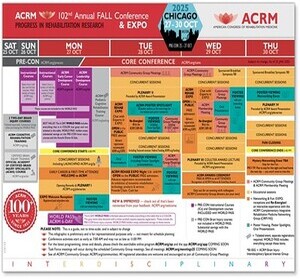
Larisa Ryskalin, PhD (she/her/hers)
Research fellow
University of Pisa, Italy
Personal information:
LARISA RYSKALIN (19.02.1988, Pisa, Italy)
Dept. of Translational Research and of New Technologies in Medicine and Surgery, University of Pisa (Italy)
larisa.ryskalin@unipi.it; +39 050 2218632
EDUCATION/TRAINING
07/2023 to present: Senior Research Fellow (RTD-B),Dept. of Translational Research, University of Pisa)
Enabled as Associate Professor for Human Anatomy
12/2017 to 06/2023: Postdoc Researcher
10/2013 to 04/2017: PhD in Clinical and Translational Science
09/2013: Master’s degree in Biology applied to biomedical sciences
09/2010: Bachelor’s degree in Biological Sciences
Bibliometric indexes: No. of publications: 67; Citations: 1198; H-Index: 21; No. 22 Communications in national and international scientific congresses.
- Awardee by the European Federation of Experimental Morphology (EFEM) with the EFEM Travel Grant 2025 for participation in the XXIX International Symposium on Morphological Sciences (ISMS 2025), with the presentation of the research titled “High-intensity exercise training induces ultrastructural changes in the mitochondria of mice skeletal muscles”
- Awardee with the iNNO-ANAT Award for emergent anatomist at the 21st Congress of the International Federation of Associations of Anatomists – IFAA (Gwangju, Korea, September 2024) with the poster titled “Fascial Thickening of the Soleus Muscle: A Mere Bystander or a Useful Predictor of Achilles Tendinopathy?”
- Awardee with a Travel Grant at the 8th Proteasome & Autophagy Congress (Clermont-Ferrand, France, April 2018) with the poster titled “Is proteasome merging with autophagosomes to be degraded or to improve neuroprotective protein degradation?”
- 09/2020, Review Editor for “Frontiers in Neuroanatomy”;
- 02/2021, Review Editor member for “International Journal of Molecular Sciences (IJMS)”
- 01/2025, Editorial Board Member of Life.
- From 12/2023 to present, Guest Editor of the Joint Special Issue titled “Recent Advances in Shockwave Therapy for Musculoskeletal and Soft-Tissue Disorders” for Life and Biomedicines.
Personal skills and competencies: Transmission electron microscopy (TEM); Morphological and morphometric analyses; Histological preparations; Immunohistochemistry and immunocytochemistry; Cellular biology techniques
Poster(s):
-
Wednesday, October 29, 202510:00 AM - 10:15 AM

.jpg)
.jpg)
.jpg)
.jpg)
.jpg)
